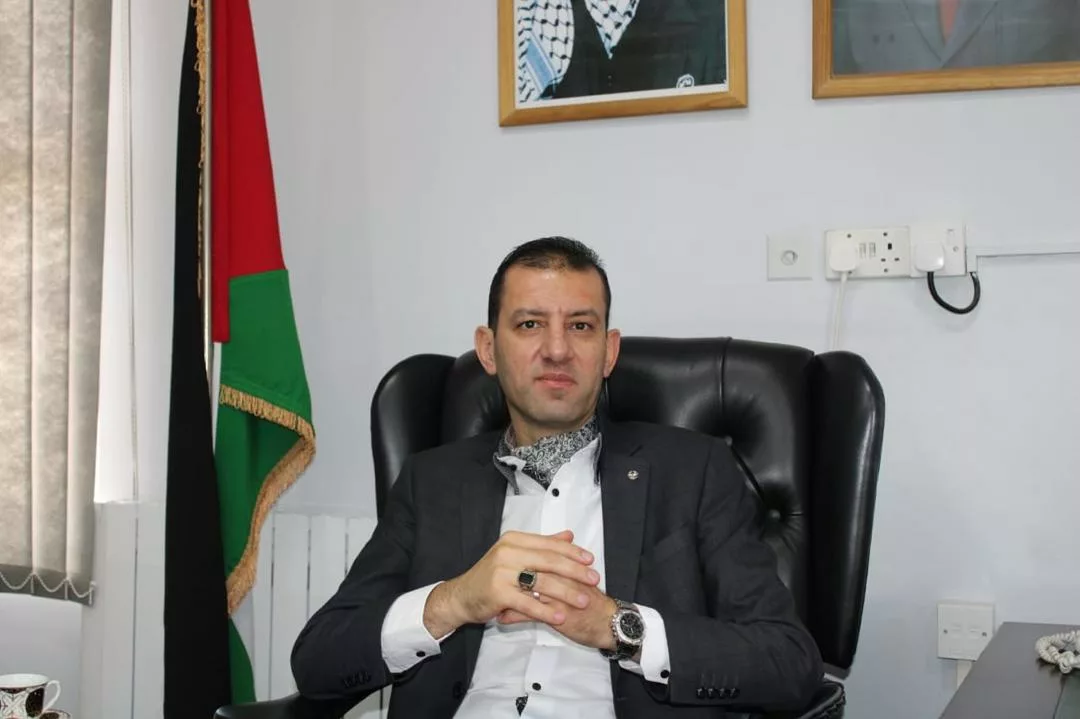By Farai Chirimumimba
Manifesto moments are when voters sit up and listen in order to compare and contrast between party X and party Z. However, in Zimbabwe the opposite holds true. Voters are usually partisan and do not read much into manifestos because they vote on partisan lines rather than substance. No doubt it was the case on 4 May when ZANU-PF party led by President Emmerson Mnangagwa through his new-found mantra of Zimbabwe is open for business,” launched another colourful blueprint with the same old message.
The manifesto like the 2013 document, offers an unrealistic promises for instance of transforming Zimbabwe into a middle-income economy by 2030 through attaining an economic growth of 6 percent per annum over the period 2018-2023. What is obviously is that to achieve all there is money that has to be spent, which is nowhere to be found throughout the manifesto leaving speculation that the manifesto is anchored through more spending and borrowing. The question is how many people will believe him when he makes that offer? How many who read substance from manifestos will find that appealing when it is not a real departure from the direction ZANU-PF has been travelling in the past 38 years.
In ZANU-PF view, irritations, the anger and the anxiety of Zimbabweans in the past two decades does not mean that voters are ripe and ready for something that sounds very different. Just like former president Robert Mugabe, incumbent Emmerson Mnangagwa is encouraged and enthused by the crowds that seem to greet him almost wherever he goes, but there’s a gamble in all of this. In is a fact that crowds do not always translate into huge votes at the ballot box.
In the forward, Mnangagwa writes: “The essence of ZANU PF’s ideological thrust is the establishment of a sustained society firmly based on our historical, cultural and social experience and to create conditions for economic independence, prosperity and equitable distribution of the wealth of the nation ZANU PF believes in a free enterprise- free market economy.”
Emmerson Mnangagwa promises to address the fundamental challenges at the heart of economic meltdown that has stalled progress over the past two decades. ZANU-PF launched their manifesto last Friday, with President Emmerson Mnangagwa also promising to “targeting $5 billion annual foreign investment inflows and $10 billion in domestic investment.” ZANU-PF is also betting on, “increasing industrial capacity utilization to at least 90% by 2023.” Like l have said earlier, all this need money, money which we do not know where it will come from.
ZANU-PF is one of the first Zimbabwean main political parties to unveil their manifesto ahead of general elections in July/August. It has the title “Unite, fight corruption, develop, re-engage and create jobs.” An overview of the manifesto makes repeated mentions of Mnangagwa’s new mantra “Zimbabwe is open for business,” which the new dispensation contrasts with the backward-looking chaos of a government led by former president Robert Mugabe.
The manifesto is anchored through drivers such as (1) agriculture through dealing with ownership and security, increased production, value addition and exports, (2) mining- retooling, increased production and exports, (3) manufacturing- retooling, value addition and attracting international brands, (4) energy-increasing power generation, tariffs and fuel prices, rehabilitation of roads and rail network transport, (5) provision of safe water and sanitation to the people.
The manifesto has five key pillars were It promises to “address unemployment by providing, “increased jobs in the agricultural”, manufacturing, mining, tourism and infrastructural development projects.” A departure from promising the actual number of jobs to be created as they did in 2013 manifesto were the party promised 1.5 million jobs that they failed to provide in the past 5 years. The party has learnt that providing actual numbers create a crisis of expectation which at the end of the day became empty promises.
While the areas speak to a broad range of issues that are topical in relation to the country, it offers more of the same failure and broken promises. For instance it hopes to deliver 1, 5 million medium income housing units over the period of 2018-2023 which translate to about 825 units per day for the next 5 years which sound like bluffing than reality.
However, the new dispensation seems to have pledged action that only time will tell if the party is to win re-election. The ZANU-PF manifesto also promise further measures to curb corruption. “Incidences of avaricious greed, massive corruption and willful abuse of public office have been high ZANU PF has adopted a ZERO Tolerance to corruption.” However, manifesto does not proffer how the party is going to deal with the corruption that may entail putting in place tighter laws and measures to deter who would be corrupt elements.
The ensuing harmonized elections no doubt define Zimbabwe’s place in the world, its economic security and future prosperity. So now more than ever Zimbabwe needs a strong and stable government for economic recovery that will benefit the country and its ?people. Now more than ever, Zimbabwe needs strong and stable leadership to make the most of the opportunities abundance natural resources brings for hardworking families. Now more than ever, Zimbabwe needs a clear plan. It is more than a manifesto that will meet the great challenges of our time, beyond general elections.
There is need to build a stronger, fairer, more prosperous Zimbabwe.






